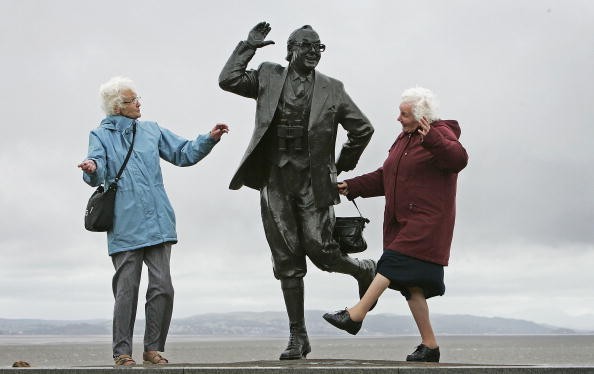
A new report says that the aging process is slowing down nowadays. Hence, humans are aging far more slowly than expected. Scientists say that the increase in life expectancy can be traced to people becoming healthier, and more aware of their health.
In the study published in the journal PLOS ONE, previous algorithms would simply brand someone older than 65 as 'old'. However, in this study, they applied new measures of aging developed at IIASA to future population projections for Europe up to the year 2050.
According to IIASA World Population Program Deputy Director, Sergei Scherbov, who led the study in collaboration with IIASA and Stony Brook University researcher Warren Sanderson, "Age can be measured as the time already lived or it can be adjusted taking into account the time left to live."
He added, "If you don't consider people old just because they reached age 65 but instead take into account how long they have left to live, then the faster the increase in life expectancy, the less aging is actually going on."
"What we think of as old has changed over time, and it will need to continue changing in the future as people live longer, healthier lives. Someone who is 60 years old today, I would argue is middle aged. 200 years ago, a 60-year-old would be a very old person," he told Science Daily.
Science World Report says that the researcher examined three possible scenarios for future population aging in Europe. They discovered that possible increases in life expectancy may lead to faster population aging. Sometimes, if the basis would be the traditional categorization of being old, some people who are 65 years or older may be included in that category, but their characteristics, health status and mental ability are paralleled to younger people.
"The onset of old age is important because it is often used as an indicator of increased disability and dependence, and decreased labor force participation," Sanderson explained. He reiterated that this is important for countries and communities to formulate policies of older adults.



